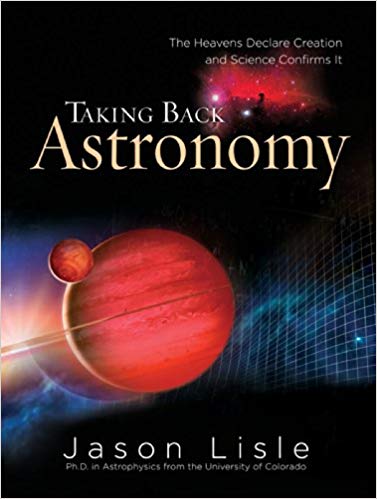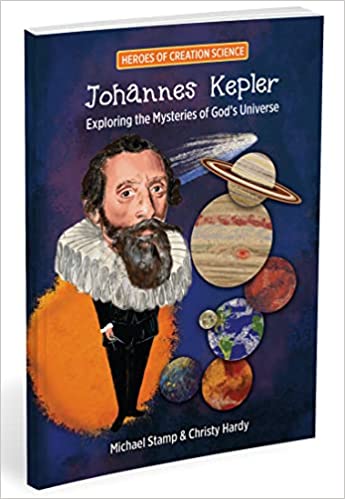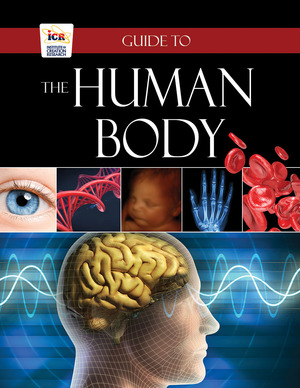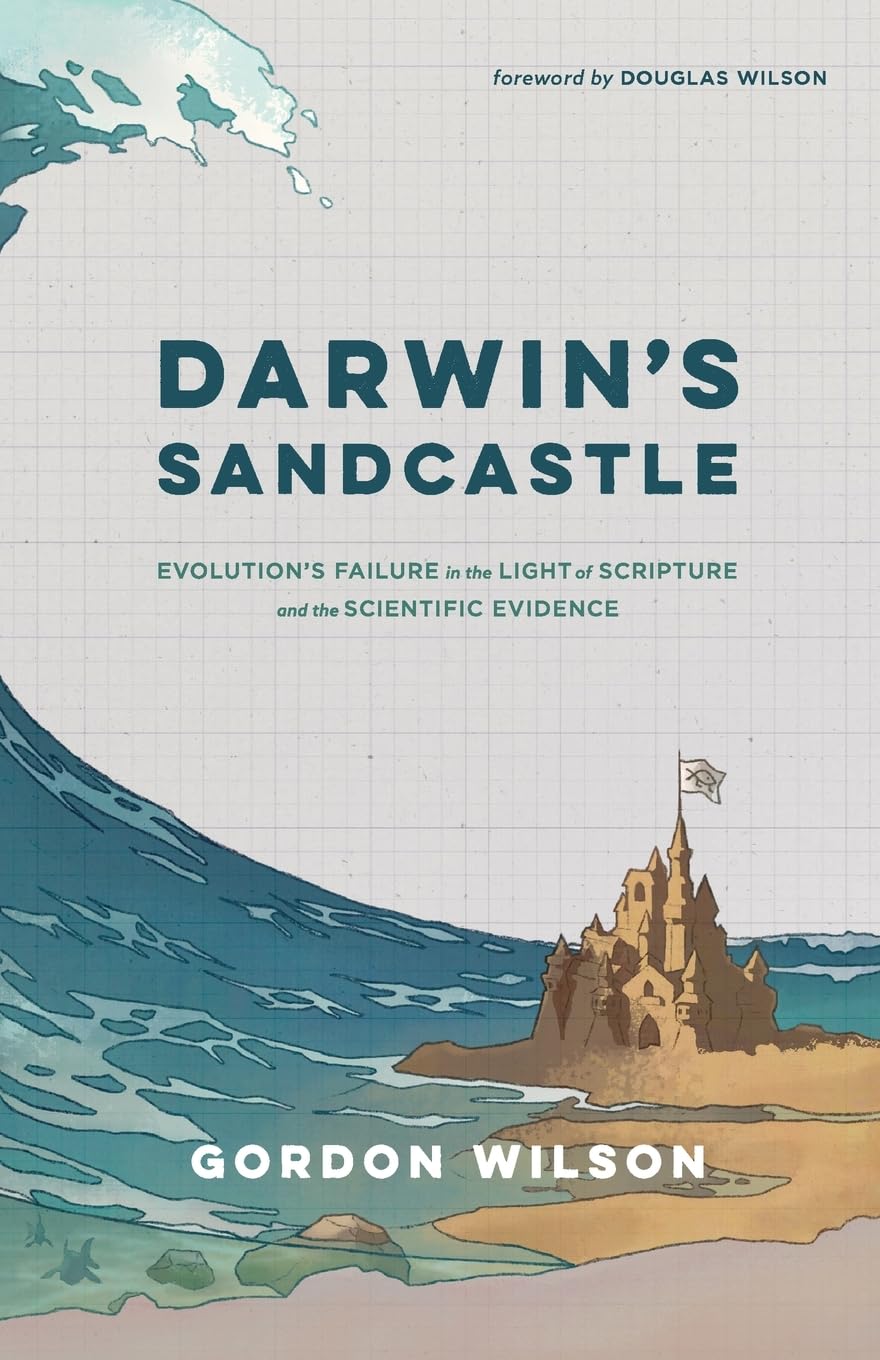Suppose that you were presented with the daunting task of learning as much as possible about some topic on which you, and other people, know almost nothing? How would you go about learning something? Why would you even bother? Would it matter to anyone if you did make this effort?
An attractive full colour booklet from the Institute for Creation Research describes situations where people did bother to seek after understanding which was previously unknown. Today we know lots about many scientific disciplines so that the challenge is to try to handle all the available information. There was a time however when very little was known. This booklet tells us how some of the great pioneers of science set about discovering the foundations of their disciplines and it tells us also why they were so motivated.
We start with Italian Galileo in the 17th century, said to be the father of modern science; to German Johann Kepler of the 17th century, father of physical astronomy; to Irish Robert Boyle of the same century, father of modern chemistry; to English Isaac Newton, father of universal gravitation; to William Kirby of England in the 19th century, father of entomology (insects); to another 19th century Englishman, Michael Faraday, father of electromagnetism and his Scottish contemporary James Clerk Maxwell, father of electromagnetic theory; to German/Czech Gregor Mendel, father of modern genetics, to French contemporary Louis Pasteur, father of modern microbiology; to 20th century George Washington Carver, a great pioneer in modern agriculture. Among them all we see individuals who exhibited a strong appreciation and curiosity about nature. They did so because they knew that all things were made by God.
These men were Christians from a variety of denominations, who because of their interest in the Creation, sought to learn more about God’s handiwork. They approached their disciplines with careful observations and lots of experiments. They refused to be intimidated by the majority opinion of contemporaries, self declared experts, who really knew very little. Galileo, for example, had to fight fellow academics who based their conclusions on Greek philosophy rather than observations. And Louis Pasteur had to fight those who believed in spontaneous generation, or bugs springing from garbage itself rather than from bugs begetting more bugs which chose to live in the garbage.
The booklet is attractively illustrated and very well organized. Each discussion includes the details of who, what, when and where as well as one or two quotes from the scientist which illustrate his Christian faith and his general approach to knowledge gleaned from nature. The second half of the book, in workbook format with permission to copy as required, provides discussion and questions on more modern aspects of the work of each specialist, as well as discussion on passages from Scripture which shed light on the work and interests of these amazing people.
Because of the nature of the book’s theme, highlighting people in a variety of disciplines, the scientific discussion hops all over from astronomy to physics to biology etc. The questions however are designed to encourage reflection and further research, probably at the upper junior high school level. In order to make the booklet entirely meaningful, answers are available on line at <icr.org/great-scientists>. Also there is a useful <icr.org/evidence> site for more details. Thus properly used, this book can be a springboard to more studies as well as a wonderful wrap-up for survey courses in science at this level. But it doesn’t have to be used in a course! The material is interesting in its own right and it is certainly suitable for expanding one’s intellectual horizons.
Christine Dao. 2009. Thinking God’s Thoughts after Him: Great Scientists Who Honored the Creator. Institute for Creation Research, Dallas. 32 pages. Paper. Full colour.
February 2010
Subscribe to Dialogue







